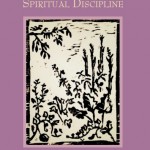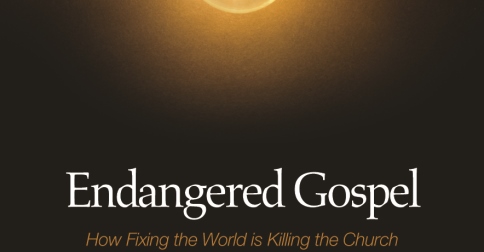 I heard about the theater shooting in Aurora, Colorado as I was on my way home yesterday from a retreat with my wife. The news left me speechless; how does one respond to senseless violence on that scale?
I heard about the theater shooting in Aurora, Colorado as I was on my way home yesterday from a retreat with my wife. The news left me speechless; how does one respond to senseless violence on that scale?
This morning, as I continued to reflect on this tragic incident, I recalled a very helpful passage in Chris Rice and Emmanuel Katongole’s recent book Reconciling All Things (Duke Divinity School Center for Reconciliation / IVP Resources for Reconciliation Series). I dug up a copy of the book and mulled over the chapter on lament. I had forgotten how the authors had connected lament with slowing down. If we believe that God’s creation is an interconnected whole, then we cannot help but to lament tragedies like the Aurora shooting.
Rice and Katongole write:
The first language of the church in a deeply broken world is not strategy, but prayer. The journey of reconciliation is grounded in a call to see and encounter the rupture of this world so truthfully that we are literally slowed down. We are called to a space where any explanation or action is too easy, too fast, too shallow — a space where the right response can only be a desperate cry directed to God. We are called to learn the anguished cry of lament.
and a few pages later:
Lament views speed with pessimism. Lament slows reconciliation down because it sees the challenge of transformation not from the top but from the margins — indeed from the bottom. Lament teaches us to see the world from the standpoint of murder in Ramah, exile in Babylon, crucifixion outside Jerusalem, mass graves in Kigali, abandoned people in the New Orleans Superdome after Hurricane Katrina — even from a place as small as a long marriage falling apart while both husband and wife feel powerless to stop it. Transformation looks very different from the bottom. The more global reconciliation becomes, the more self-assured it is. The more local, the more slow and fragile. … Speed meets a wall when reconciliation is measured by what is nearest to us — when we see the task as being reconciled within our own homes, families and congregations.
At some point we will have to ask ourselves what kind of society produces this sort of violence? What sorts of violence and failures to reconcile in our own lives and congregations are bearing their own violent fruits in our midst?
But for now, there is only lament, as this tragedy is us. We have sown the wind and reaped the whirlwind. Now is not the time for strategizing why this happened or how we can fix the social evils in which this tragedy had its roots, but only for grieving this tragedy and crying out to God.
I’ll leave you with one last thought from Reconciling All Things:
To the extent we have not learned to lament, we deal superficially with the world’s brokenness, offering quick and easy fixes that do not require our conversion. The discipline of lament not only allows us to see the depth of the world’s brokenness (including our own and the church’s complicity in it); it also shapes reconciliation as a journey that requires truth, conversion and forgiveness.












